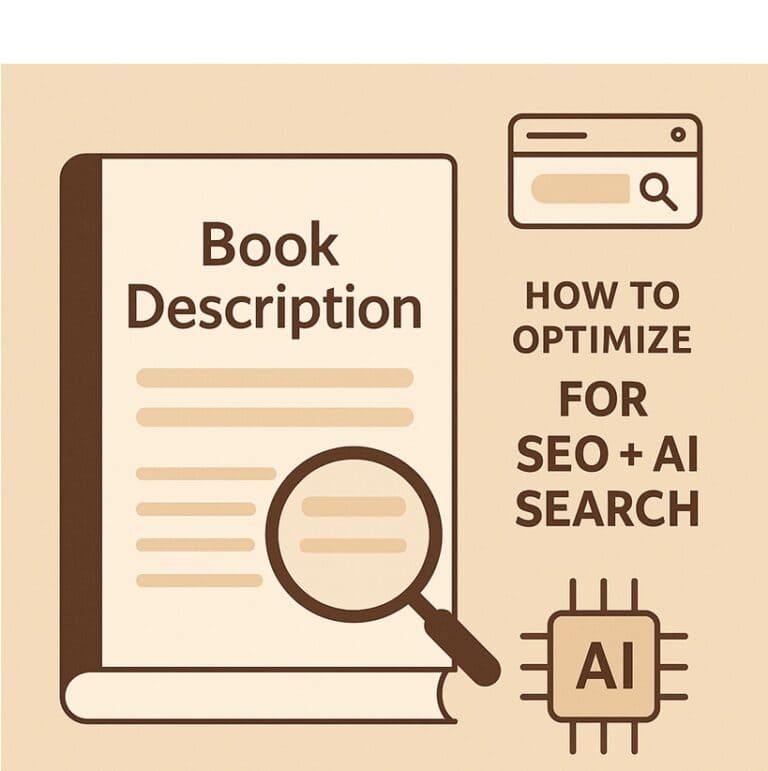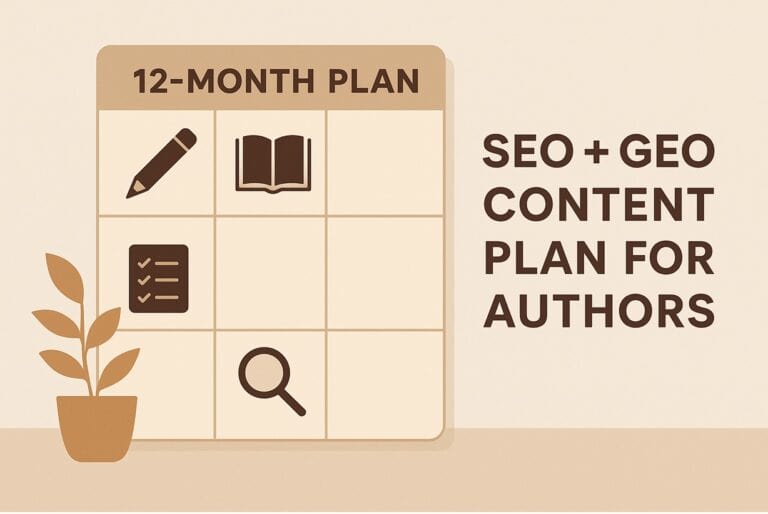Mentorship Magic: 4 Strategies for New Authors

Elevate your writing career with valuable guidance from the mentorship of seasoned authors in the publishing world. Learn secrets to success for new authors.
“The delicate balance of mentoring someone is not creating them in your own image but giving them the opportunity to create themselves.” – Steven Spielberg
The journey for new authors can be both awesome and overwhelming at the same time. With so many aspects of the publishing world to navigate, first-time authors may feel confused and uncertain of how to gain insights. But fear not, aspiring author! Our guide is designed to help you navigate the intricacies of the publishing world and build a successful writing career.
Welcome to the fourth article in our 10-part series, designed to empower you as you proceed in the publishing industry. In this article, we explore the invaluable benefits of seeking mentorship to grow in your writing journey. A mentor can provide personalized advice, constructive feedback, and encouragement needed to overcome challenges and achieve success.
We also discuss strategies for identifying potential mentors, tips on finding the right mentor who aligns with your goals and aspirations, and advice on building a strong, mutually beneficial relationship. Additionally, we delve into the process of learning from your mentor to maximize your growth as a writer. As you continue through this series, you’ll gain essential knowledge and resources to help you flourish in your career. Ready?
Let’s dive into the steps you can take to develop a deeper understanding of advice from mentors.
Motivational speaker Jim Rohn said, “You become the average of the five people you spend the most time with.” Why not include experienced authors, editors, or agents in the mix?
Mentorship can be an invaluable resource for aspiring authors, as it provides personalized guidance and support from experienced writers who have navigated the publishing world. By seeking out mentors, you can gain insights into the industry, learn from their experiences, and receive constructive feedback on your work.
Don’t be afraid to reach out to professionals you admire and ask for advice. Many are happy to help new writers find their footing. Here are four strategies for finding a mentor and making the most of the relationship.
Identifying Potential Mentors
A mentor should be someone with experience in your genre or area of interest, as well as a deep understanding of the publishing industry. Potential mentors can include published authors in your genre and writing instructors or workshop leaders. Mentors would also be other Industry professionals, such as literary agents or editors.
Finding a Mentor

You can connect with potential mentors in several ways. Network at writing conferences, workshops, or industry events. Join writing groups or professional organizations. Engage with authors and industry professionals on social media platforms. Participate in mentorship programs specifically designed to match aspiring authors with experienced mentors.
Once, I asked a successful author for advice on finding a mentor. To my surprise, she agreed to mentor me. The catch? She insisted I read her entire book series before our first meeting. The countless hours immersed in the book’s world paid off. The guidance was invaluable, and I learned the importance of putting in an effort to show dedication.
Building the Relationship
Once you’ve identified a potential mentor, it’s essential to build a strong, mutually beneficial relationship. Keep the following tips in mind.
- Be respectful of the person’s time: Remember that your mentor is likely a busy professional, so be considerate when asking for guidance or feedback. Be clear about your expectations and goals and give them the flexibility to respond in a manner that suits their schedule.
- Be open to feedback, both positive and negative: A mentor’s primary role is to offer guidance and constructive criticism, so be prepared to receive feedback on your work. Approach the mentorship with an open mind and a willingness to learn and grow.
- Offer value in return: While mentorship is often a one-sided relationship in terms of experience, it’s essential to find ways to offer value to your mentor. This can include sharing resources, expressing gratitude, or offering your skills in areas where your mentor may need assistance.
- Maintain open communication: Stay in touch with your mentor, even if you don’t have specific questions or need feedback. Share updates on your progress and achievements and continue to cultivate the relationship over time.
Learning from Mentorship
Make the most of the mentorship experience. Work with your mentor to set realistic, achievable goals for your writing and publishing journey. Regularly review your progress and adjust your goals as needed.
Don’t be afraid to ask your mentor for advice on specific challenges or aspects of your writing and publishing journey. They can offer invaluable insights based on their experiences and expertise. Listen carefully to your mentor’s feedback. Consider their suggestions when revising your work or making decisions about your writing career.
Observe your mentor’s habits, strategies, and approaches to writing and publishing, and consider incorporating these practices into your own journey.
Seeking mentorship can provide aspiring authors with the guidance and support they need to navigate the complexities of the publishing world. Learning from experienced writers and industry professionals can help you be better equipped to achieve success in your writing career.
TIP: Also see our blog, Choosing a Publishing Path: 14 Factors to Consider.
Conclusion
Seeking mentorship is a powerful way for you, as an aspiring author, to gain insights, guidance, and support on your writing journey. By identifying potential mentors, finding the right mentor for your needs, building a strong relationship, and effectively learning from their expertise, you’ll be better equipped to tackle the challenges and complexities of the publishing world.
As you progress through our 10-part series, you’ll continue to acquire valuable insights and strategies to help you succeed in your writing career. Stay tuned for the next article, where we’ll discuss the importance of building relationships and networking to forge connections in the publishing industry.
Don’t wait. Start today!
How can we help? To let us know, please fill out our contact form. Happy writing!
FAQs
Q1: What are key qualities to look for in a writing mentor?
A: A good mentor should have experience in your genre or field, a willingness to share their knowledge, strong communication skills, and a genuine interest in helping you develop as a writer.
Q2: Can I have more than one mentor in my writing journey?
A: Yes, having multiple mentors can provide diverse perspectives and insights. Different mentors can support you in various aspects of your writing career, such as craft, networking, or publishing.
Q3: Is it okay to seek mentorship from another writer who is not an industry professional?
A: Yes, experienced writers who are not industry professionals can still provide valuable guidance and feedback, particularly if they share a similar writing style, genre, or target audience.

